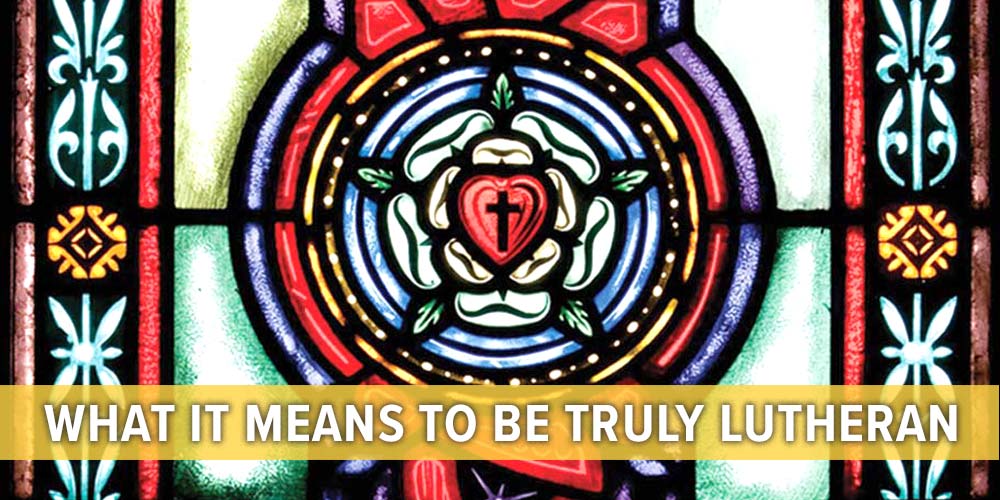 |
As Martin Luther carried out his reformation, there were other reform movements at work throughout Europe (Anabaptists, Zwinglians, Calvinists). He was often critical of these other movement. He opposed them for their lack of trust in the power of the Word and sacraments to give and sustain faith. He used a term to describe them: Schwärmer. Literally, the word means “one who buzzes about.” In English, the word is usually translated as enthusiast. These were people and groups who “buzzed around” looking for the Spirit in their own feelings or thinking. They denied the power of the gospel, especially in the sacraments.
Luther recognized that God is very clear how he works to create and strengthen faith in the hearts of people. Faith comes from hearing the good news about Jesus (Romans 10:17). This gospel gives salvation by bringing people to believe in Jesus (Romans 1:16). The gospel message is in the form of both the Holy Scriptures (2 Timothy 3:15,16) and the sacraments (Ephesians 5:26). Through these tools, the Holy Spirit gives the gift of faith in Jesus (2 Thessalonians 2:13,14; Titus 3:4-7). The gospel is the means through which the Spirit pours out God’s grace on individuals.
Luther trusted that the means of grace has the power to work the needed change in people’s hearts. He once preached: “I simply taught, preached, and wrote God’s Word; otherwise I did nothing. And while I slept, or drank Wittenberg beer with my friends Philip and Amsdorf, the Word so greatly weakened the papacy that no prince or emperor ever inflicted such losses upon it. I did nothing; the Word did everything” (Luther’s Works Vol. 51, p. 77).
True Lutherans continue to trust in the power of the means of grace. We don’t look for the Spirit to somehow zap faith into people’s hearts without the gospel. We don’t try to force people into “deciding for Christ” or attempt to argue people into heaven. We trust that the Holy Spirit “calls me by the gospel” (Small Catechism). The Augsburg Confession states: “To obtain such faith God instituted the office of preaching, giving the gospel and the sacraments. Through these, as through means, he gives the Holy Spirit who produces faith, where and when he wills, in those who hear the gospel. It teaches that we have a gracious God, not through our merit but through Christ’s merit, when we so believe” (Article V).
For true Lutherans, the proclamation of the Word and the administration of the sacraments is at the heart of the Christian’s life and the church’s work because the means of grace is how the Spirit changes hearts.
This is the sixth article in a 14-part series on key doctrinal emphases that Luther brought back to light through his Reformation.
Author: Joel Otto
Volume 104, Number 3
Issue: March 2017
- What it means to be truly Lutheran: Public ministers of the gospel are called to serve
- What it means to be truly Lutheran: The church is believers in Jesus
- What it means to be truly Lutheran: God’s different work in two kingdoms
- What it means to be truly Lutheran: Vocation: Serving God and others
- What it means to be truly Lutheran: Faith-produced good works
- What it means to be truly Lutheran: Living a life of repentance
- What it means to be truly Lutheran: Lord’s Supper
- What it means to be truly Lutheran: Baptism
- What it means to be truly Lutheran: The means of grace
- What it means to be truly Lutheran: Faith alone
- What it means to be truly Lutheran: Grace alone
- What it means to be truly Lutheran: Original sin
- What it means to be truly Lutheran: The distinction between law and gospel
- What it means to be truly Lutheran: Scripture alone






